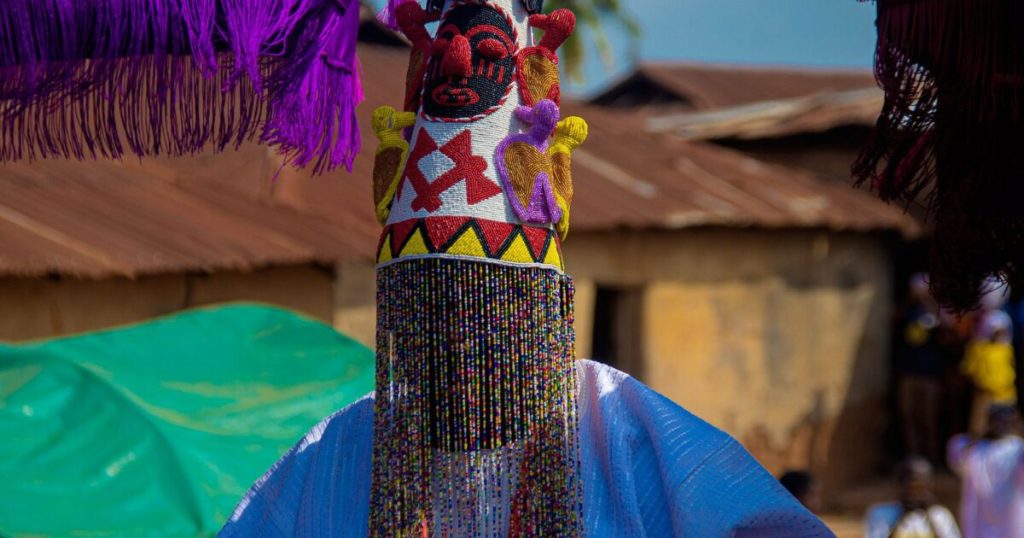The Oyo State House of Assembly’s attempt to amend the Council of Obas and Chiefs law sparked significant controversy, revolving around the chairmanship structure and the inclusion of additional members. Initial proposals designated the Alaafin of Oyo as the permanent chairman, with the Olubadan of Ibadanland and the Soun of Ogbomosoland serving as concurrent chairmen in hierarchical order. This provoked strong opposition from the Olubadan and Soun, who advocated for a rotational chairmanship shared with the Alaafin. This disagreement highlighted the delicate balance of power and historical precedent among these prominent traditional rulers. The Assembly’s handling of the amendment process also drew criticism for perceived lack of adequate consultation with stakeholders, further fueling the discontent.
Bowing to pressure and recognizing the need for broader consensus, the Assembly revised the bill to establish a rotational chairmanship among the three paramount rulers – Alaafin, Olubadan, and Soun – with each holding the position for a two-year term. This compromise aimed to address the concerns of those who felt the initial proposal disproportionately favored the Alaafin. However, this revision did not entirely quell the controversy. Two lawmakers representing Oyo constituencies staged a walkout during deliberations, protesting the rotational clause and arguing that the Alaafin’s historical paramountcy warranted permanent chairmanship. They also criticized the perceived lack of transparency in the amendment process, citing the absence of public hearings and stakeholder engagement as evidence of a flawed approach.
Further complicating the matter was the inclusion of ten beaded crown-wearing Ibadan obas, along with the Samu and Agbakin, in the Council of Obas and Chiefs. While some welcomed this expansion, others criticized it as further solidifying Ibadan’s dominance within the state. This perspective underscores the existing political and historical tensions between Ibadan and other regions of Oyo State, particularly concerning resource allocation and political representation. The Olugbon of Orile-Igbon, for example, while advocating for wider consultation and a more equitable distribution of power within the council, specifically pointed to Ibadan’s political dominance since 1999, noting they have held the governorship for almost the entire period, barring one exception.
The Olugbon’s position highlights another layer of complexity surrounding the bill – the intersection of historical precedent and present-day political realities. While acknowledging the Alaafin’s historical prominence and vast kingdom, the Olugbon argued for a more pragmatic approach that recognizes the evolving dynamics of power and demographics. He pointed out that while Ogbomoso’s claim to historical significance was being leveraged in opposition to the bill, Orile-Igbon arguably held greater historical precedence within the region, a fact acknowledged and accepted by the Ogbomoso zone for administrative and political convenience. This illustrates the delicate negotiations of power and status among different traditional authorities within the state.
The controversy extended beyond the three primary rulers, with a group called Ebedi Frontliners from Iseyin advocating for the inclusion of the Aseyin of Iseyin as a co-chairman. Their argument centered on the perceived imbalance in representation, highlighting that the current proposal favoured areas with fewer local governments while neglecting Oke-Ogun, a region encompassing ten local governments. This call further underscored the need for a more inclusive and representative Council of Obas and Chiefs, reflecting the diverse interests and power dynamics across the state. The group’s simultaneous praise for the “democratization of the state’s chieftaincy laws” under Governor Seyi Makinde’s administration suggests a perceived opportunity to empower traditional rulers and enhance their role in governance.
In summary, the amendment to the Oyo State Council of Obas and Chiefs law generated considerable debate, centered primarily on the chairmanship structure, membership, and the perceived dominance of Ibadan. The Assembly’s attempt to address concerns through a rotational chairmanship and expanded membership was met with a mixed response, highlighting the complex interplay of historical claims, political power, and regional representation. The contentious nature of the amendment process, coupled with accusations of inadequate consultation, further exacerbated the situation, emphasizing the need for a more inclusive and transparent approach to address the delicate balance of power among Oyo State’s traditional rulers. Ultimately, the controversy surrounding this bill underscores the enduring significance of traditional institutions in contemporary Nigerian politics and the ongoing challenges of balancing historical precedence with contemporary demands for equity and representation.














